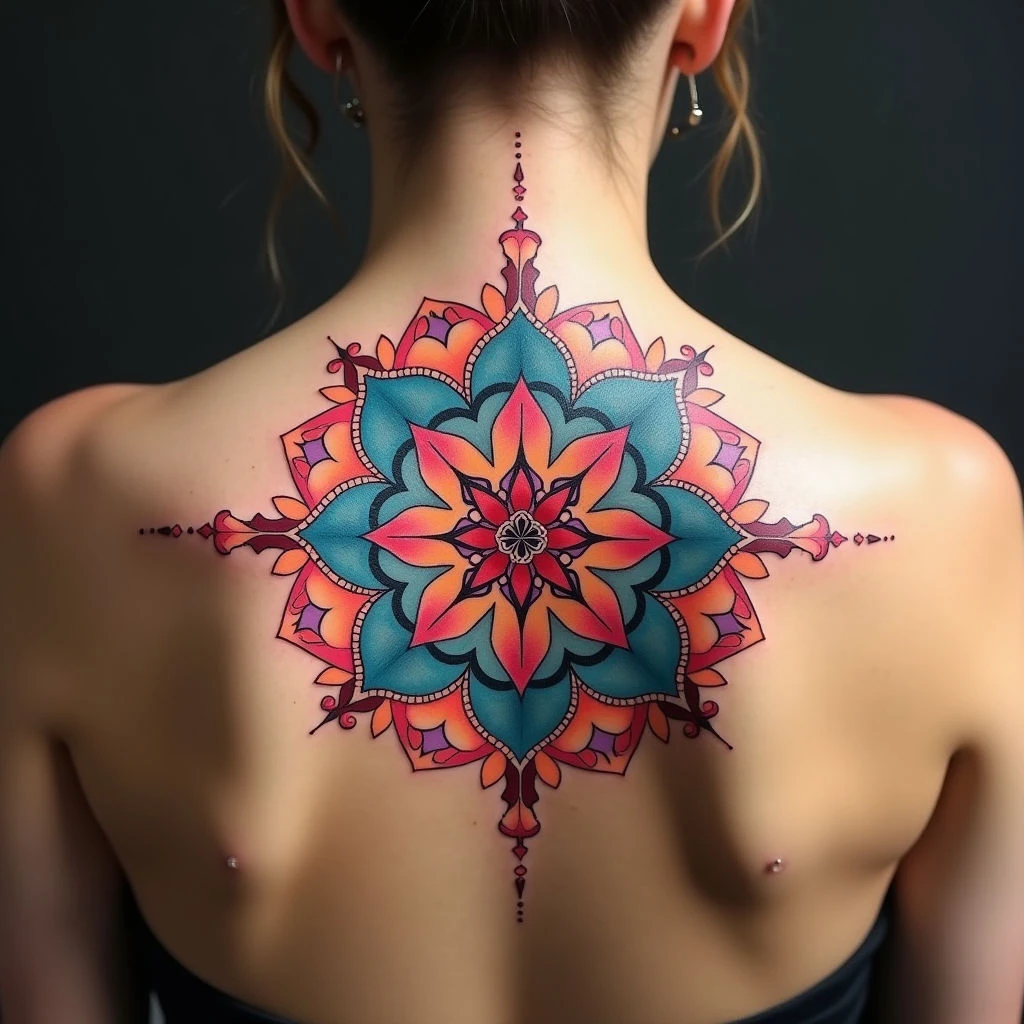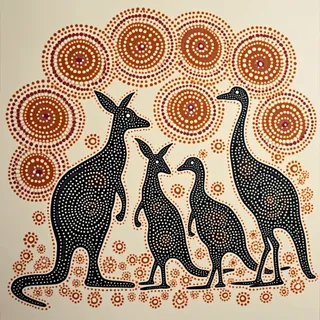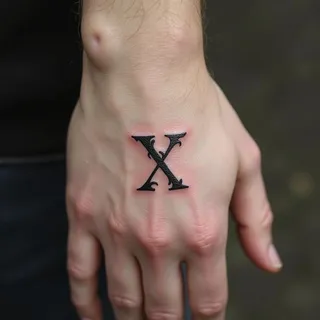Spiritual Tattoos: Expressions of Belief and Personal Growth
Understanding the Roots
Across cultures, spiritual tattoos have deep roots. Ancient practices in Polynesia, Asia, and Europe used tattooing for rites of passage, healing, and connection to deities. Today, while often influenced by modern aesthetics, these traditions continue to inspire deeply meaningful designs.
Common Symbols & Their Meanings
- Buddhist Imagery (Lotus Flower, Om Symbol): Represent enlightenment, purity, and compassion. The lotus emerges from muddy waters, symbolizing overcoming obstacles.
- Hindu Deities (Ganesha, Shiva): Reflect devotion to specific gods and their attributes – wisdom, strength, transformation.
- Celtic Knots: Represent interconnectedness, eternity, and spiritual journeys. Their intricate patterns symbolize the cyclical nature of life.
- Mandala: These geometric designs represent wholeness, balance, and the universe itself. They're often used in meditation and spiritual practices.
- Native American Imagery (Dreamcatchers, Animal Spirit Guides): Reflect connection to nature, ancestral wisdom, and personal power.
Beyond Religion: Personal Significance
Even if you don’t subscribe to a particular religion, spiritual symbols can hold profound personal meaning. A compass might represent finding your way in life, while an anchor could symbolize stability and resilience.
Choosing Your Design
Consider what resonates with *you*. Research the symbolism thoroughly and consult with a skilled tattoo artist who understands the cultural context of your chosen imagery.


